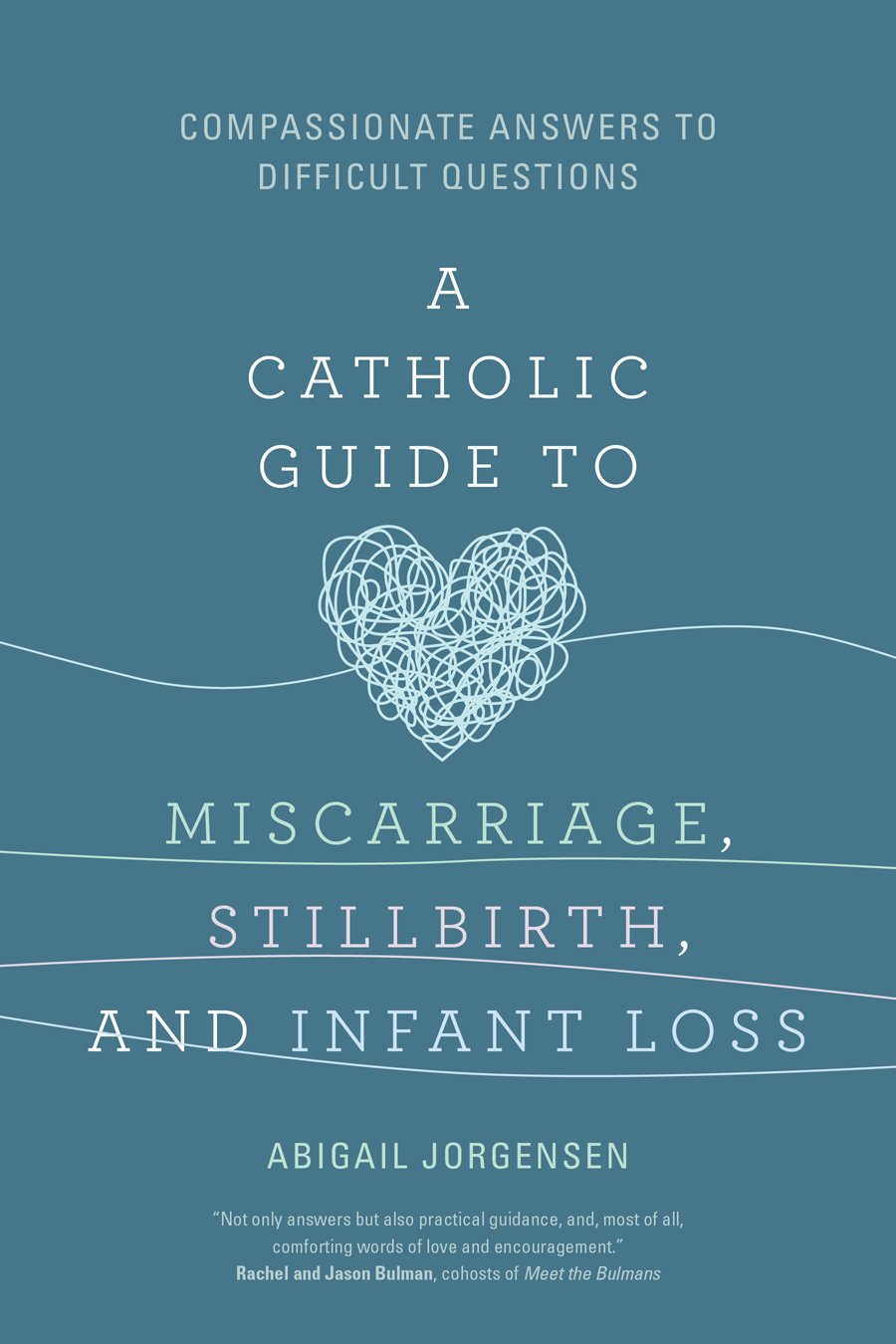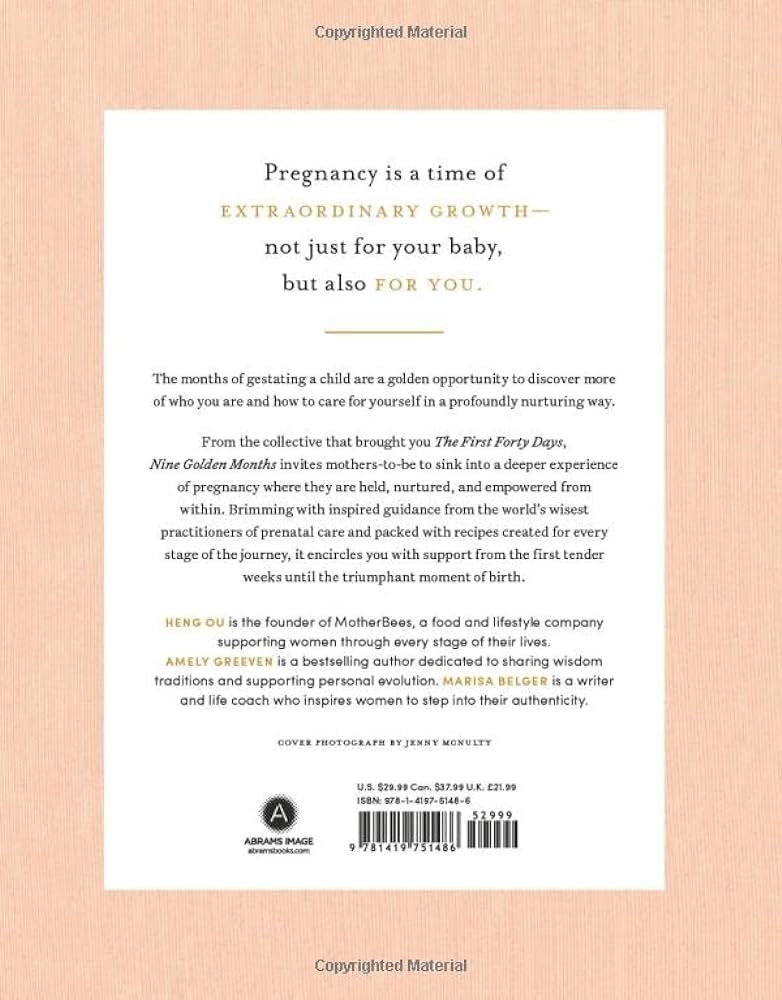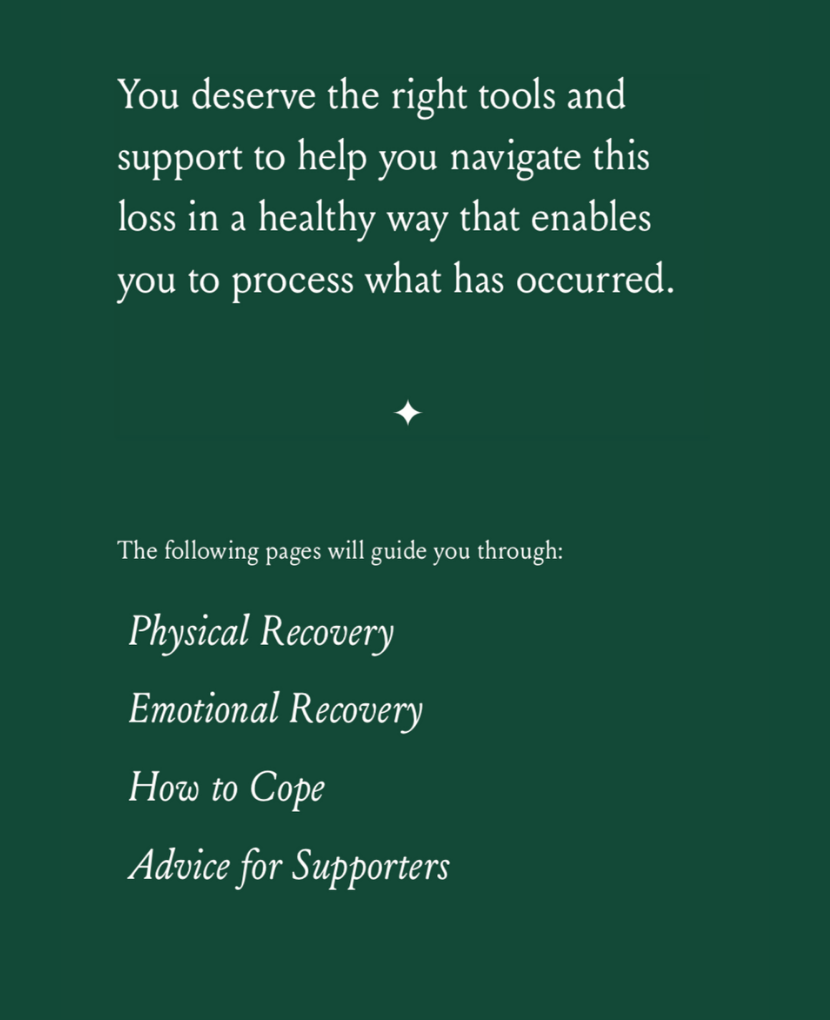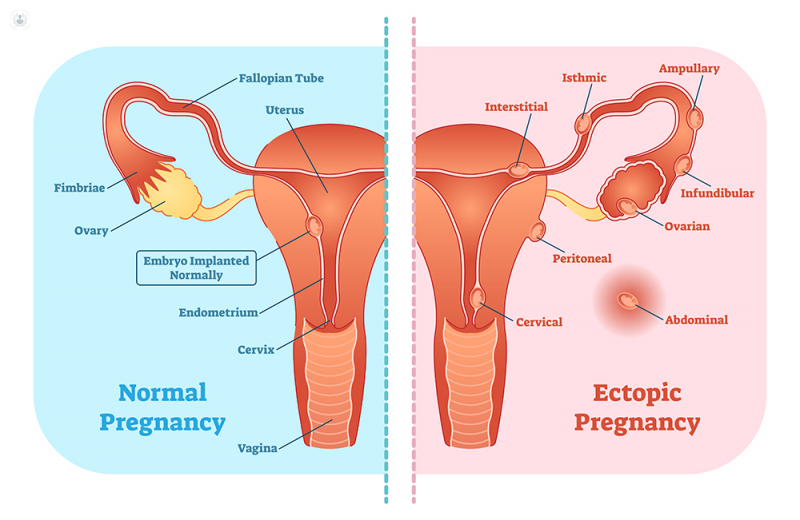A miscarriage is the loss of a pregnancy before the 20th week, while a chemical pregnancy is a very early miscarriage that occurs shortly after implantation. Chemical pregnancies typically go undetected unless specifically tested for as they end almost immediately after conception.
Understanding the difference between a miscarriage and a chemical pregnancy is essential for any couple trying to conceive. A miscarriage often involves noticeable symptoms such as vaginal bleeding and abdominal pain. Conversely, a chemical pregnancy might only present subtle signs and is sometimes discovered only through elevated hCG levels that suddenly drop.
Early pregnancy loss, regardless of its nature, can be an emotional journey for hopeful parents. It’s important to consult health professionals to manage both physical recovery and emotional well-being after such events. As awareness of these terms increases, so does the sensitivity around the conversations of early pregnancy loss, giving support to those who need it in these delicate situations.
Unraveling Pregnancy Loss Terminology
Exploring pregnancy loss terms can be confusing. It is important to understand the different types of losses. This post will help clear up the differences between a miscarriage and a chemical pregnancy.
Defining Miscarriage
A miscarriage is when a pregnancy ends on its own. This sad event happens within the first 20 weeks. Here are some key points about miscarriage:
- Occurs before the 20th week of pregnancy
- Often due to chromosomal abnormalities
- Symptoms may include bleeding or cramping
A doctor can confirm a miscarriage. This involves tests like ultrasound or blood tests.
Chemical Pregnancy Simplified
A chemical pregnancy is a miscarriage as well. But this type happens much sooner, often before most women know they’re pregnant. It’s an early loss that occurs shortly after implantation. Below are some points about chemical pregnancies:
- Happens right after the egg attaches to the uterine lining
- May only be detected through a positive pregnancy test
- There are usually no symptoms like you find with later miscarriages
Understanding these terms can give you better insight into pregnancy loss.
Early Pregnancy And Risks
The early stages of pregnancy can be exciting yet daunting. During these critical first few weeks, the journey of embryonic and fetal development begins. However, this period is also marked by vulnerability to certain risks including miscarriage and chemical pregnancy. It is vital to understand the nuances and distinctions between these types of early pregnancy loss to better support those experiencing them.
The Fragility Of First Trimester
The first trimester is a period of rapid development for the embryo. Cells divide. The foundation for all major organs forms. Yet, it’s also a time when pregnancies are most susceptible to ending in miscarriage. A miscarriage usually happens before the 20th week of pregnancy. It is often due to chromosomal abnormalities. External factors like health issues or lifestyle choices may contribute.
A chemical pregnancy, on the other hand, is a very early pregnancy loss. It occurs shortly after implantation. Signs of pregnancy appear, but they are brief. This type of loss might go undetected without a pregnancy test.
Statistical Overview Of Pregnancy Loss
Pregnancy loss statistics paint a picture of how common these experiences are. According to studies:
- About 10% of known pregnancies end in miscarriage.
- Chemical pregnancies account for 50-75% of all miscarriages.
- Most losses happen before the 12th week of pregnancy.
These numbers reveal the frequency and remind us that those dealing with such loss are not alone. Awareness and understanding can foster a supportive community for those navigating this difficult journey.
Chemical Pregnancy: The Untold Story
Many have heard of miscarriages, but chemical pregnancies often stay hidden in the shadows. A chemical pregnancy is an early pregnancy loss that occurs shortly after implantation. Understanding the nuances between a miscarriage and a chemical pregnancy can help in recognizing the emotional and clinical aspects linked to them.
Clinical Presentation Of Chemical Pregnancy
A chemical pregnancy can sometimes go unnoticed. It resembles a late period to many. Symptoms might include:
- Mild abdominal cramping
- Spotting a few days before a period is due
- A period that seems heavier than normal
Tests can reveal high levels of hCG (human chorionic gonadotropin). This hormone indicates pregnancy. But these levels will quickly return to normal as the pregnancy is not ongoing.
Emotional Impact And Recognition
A loss is a loss, no matter how early. While often unseen, the emotional impact of a chemical pregnancy can be just as profound as that of a miscarriage. It’s a roller coaster:
- Joy at the positive pregnancy test
- Grief upon confirming the loss
Many feel the need for their loss to be acknowledged. Support from loved ones and professionals is crucial. The story of a chemical pregnancy is a story of grief yet hope, often untold but incredibly important.

Credit: m.economictimes.com
Miscarriage: A Deeper Dive
Understanding miscarriage goes beyond its basic definition. It’s a complex event that can affect women physically and emotionally. Let’s delve into the physical process and emotional aspects of coping with a miscarriage.
Physical Process Of Miscarriage
Miscarriage often starts with symptoms that signal something might be wrong. Spotting or bleeding can be the first sign. Women may experience cramps similar to menstrual pain. The physical process can vary in time from a few days to a couple of weeks.
The main stages include:
- Bleeding: This marks the onset, although not all bleeding results in miscarriage.
- Cramping: The uterus contracts to expel the tissue, causing pain.
- Passage: Tissue from the nonviable pregnancy passes through the vagina.
It’s crucial for women to seek medical advice during this time. Medical professionals can guide them through the process and ensure their health is the top priority.
Coping With The Emotional Aftermath
The emotional impact of miscarriage is significant. Every woman’s experience is personal, and there’s no right way to feel. Some common emotions include grief, loss, and confusion. Counseling and support groups can be invaluable.
Steps to emotional healing:
- Acknowledge your loss: Give yourself permission to mourn.
- Seek support: Talk to friends, family, or professionals.
- Remember self-care: Rest and allow your body to recover.
While the physical recovery might be quicker, emotional healing can take time. Embrace all support available and remember it’s okay to ask for help.
Comparative Analysis: Key Distinctions
Exploring the painful aspects of early pregnancy loss requires understanding the details. In doing so, the nuances between a miscarriage and a chemical pregnancy come into focus.
Timeline Differences Between Miscarriage And Chemical Pregnancy
Identifying when each occurs is vital.
- Chemical pregnancy often concludes before the fifth week.
- Miscarriages can happen up to the 20th week, with most occurring by the 12th week.
| Chemical Pregnancy | Miscarriage |
|---|---|
| Before 5 weeks | Up to 20 weeks |
Medical Interventions And Follow-up Care
Each condition demands distinct medical approaches.
- Chemical pregnancies seldom require medical procedures; body recovers naturally.
- Miscarriages could necessitate medication or surgery to prevent complications.
Follow-up encompasses physical and emotional care.
| Chemical Pregnancy | Miscarriage | |
|---|---|---|
| Medical Intervention | Typically not required | May need medication/surgery |
| Follow-Up | Monitoring of hCG levels | Monitoring, possible scans, emotional support |

Credit: www.yourfertility.org.au
Navigating Through Loss And Recovery
Experiencing pregnancy loss can be deeply painful. The journey through grief is personal and unique. Miscarriages and chemical pregnancies both represent a form of loss. A miscarriage commonly refers to the loss of a pregnancy before 20 weeks. A chemical pregnancy is a very early miscarriage that happens shortly after implantation. Both events require physical and emotional healing.
Understanding the difference aids in recovery. Emphasis on self-care and support is crucial. This section explores the paths available for those navigating through loss and recovery.
Support Systems And Resources
Reaching out is a step towards healing. Many find solace in sharing their story with others who understand.
- Counseling
- Support groups
- Online forums
- Books and articles
Licensed therapists specialize in grief. They can guide individuals through the complex emotions. Many health providers offer resources; don’t hesitate to ask for help.
Fertility After Pregnancy Loss
Hope and healing are possible. Most can try for another pregnancy. Doctors often suggest waiting for a certain period before trying again.
| Timeframe | Action |
|---|---|
| Immediately after loss | Focus on recovery |
| 1-3 cycles later | Discussion with doctor |
| When ready | Try conceiving again |
A healthcare provider should assess overall health. They provide guidance tailored to individual circumstances.

Credit: www.all.org
Frequently Asked Questions For What Is The Difference Between Miscarriage And Chemical Pregnancy
What Causes A Chemical Pregnancy?
Chemical pregnancies result from chromosomal abnormalities in the fertilized egg. Such issues prevent the embryo from developing properly. Early testing may detect pregnancy hormones before a miscarriage occurs, often leading to discovery.
How Common Is Miscarriage Vs. Chemical Pregnancy?
Miscarriage is relatively common, occurring in about 10-20% of recognized pregnancies. Chemical pregnancies are more common but often go undetected, as they occur shortly after implantation, leading to early pregnancy loss.
What Are Miscarriage Symptoms To Look Out For?
Miscarriage symptoms include vaginal bleeding, cramping, and abdominal pain. You might also notice the cessation of typical pregnancy symptoms. However, symptoms can vary, and medical advice should be sought for any concerns.
Can A Chemical Pregnancy Happen After A Positive Test?
Yes, a chemical pregnancy can happen after a positive pregnancy test. It’s an early miscarriage where the pregnancy is lost shortly after implantation, often before the woman realizes she is pregnant.
Conclusion
Understanding the nuances between a miscarriage and a chemical pregnancy is essential. Both experiences affect those involved deeply and uniquely. It is crucial to approach this topic with sensitivity and seek professional guidance for healing and clarity. Remember, support is available, and you’re not alone on this journey.





